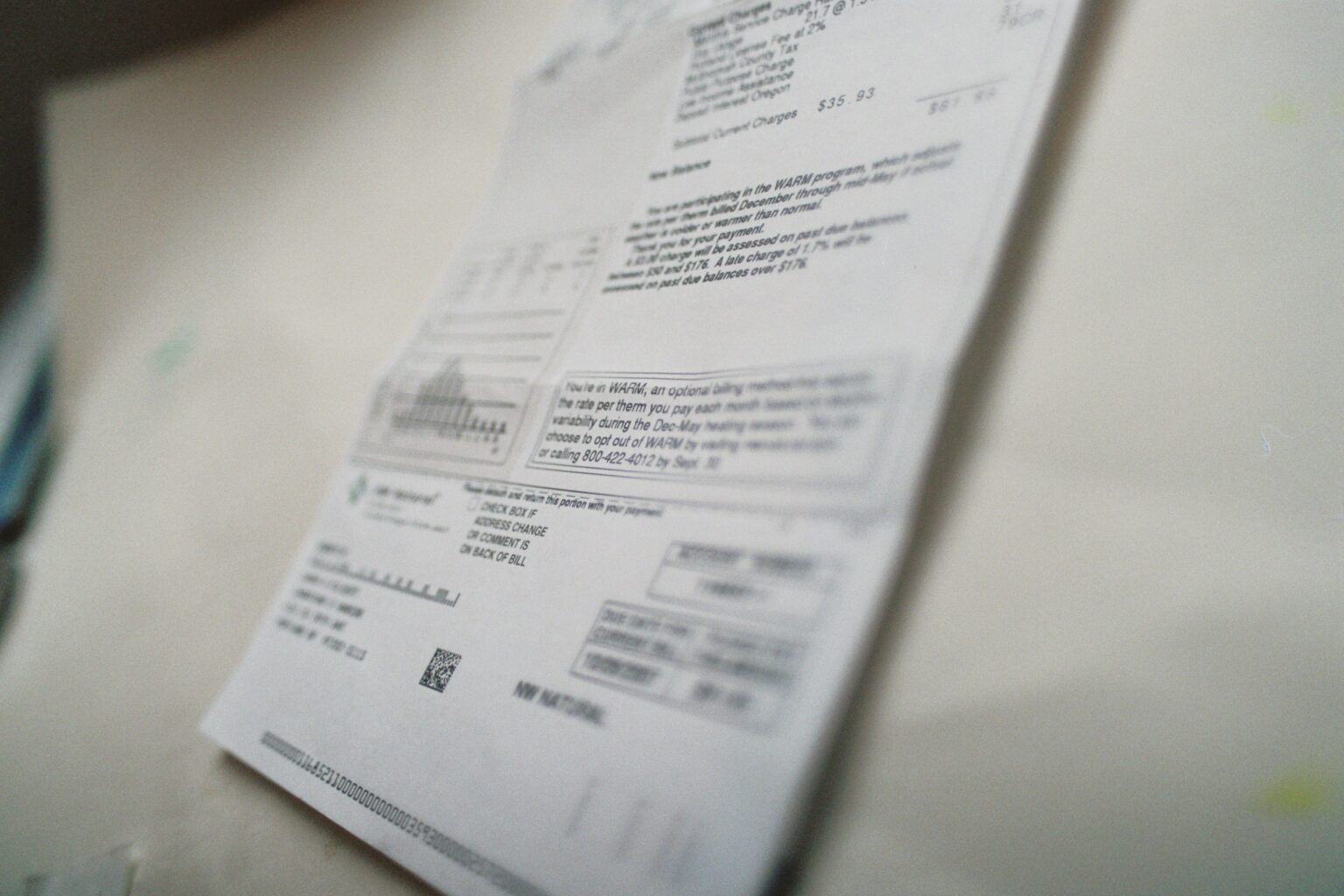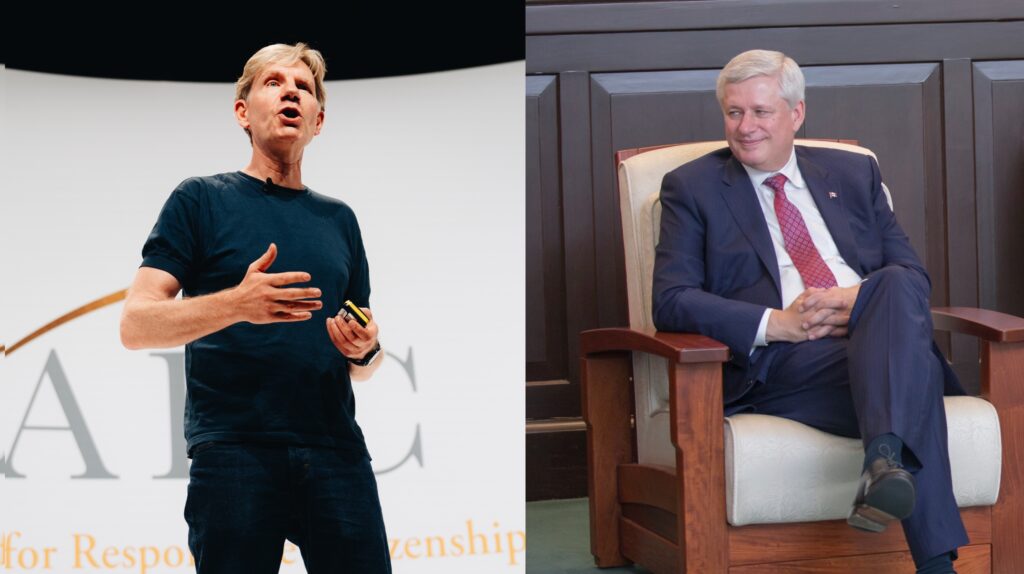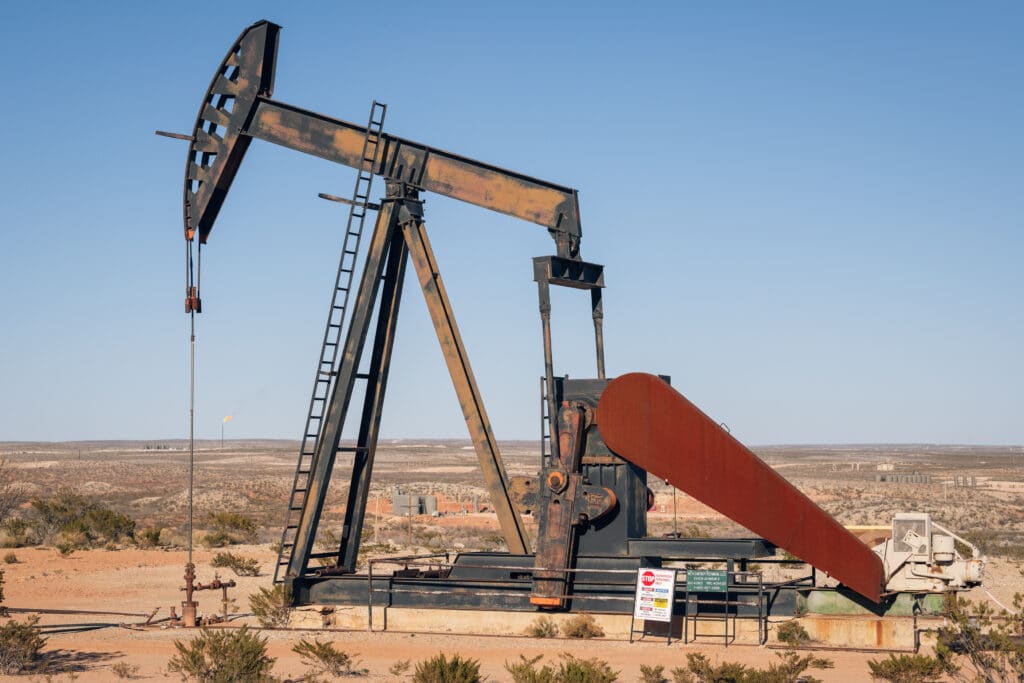When Gary Dye, a former engineer with Oregon’s largest gas utility, began blowing the whistle on alleged unethical behavior by his employer, he never dreamed his nearly two-dozen complaints would amount to nothing.
He filed 21 internal complaints in 2012, then bumped them up to the Oregon Public Utility Commission (OPUC), the group that regulates utilities in the state, later that year. There, he met with OPUC staff in person and exchanged emails with Lori Koho, then OPUC’s senior official overseeing natural gas utilities. He hoped that his list of complaints would show “how the unethical culture [at NW Natural] goes all the way to the top,” as one of his emails to Koho explains.
“I never replied. I talked with him on the phone and told him to submit a complaint through Customer Services,” Koho said in an email to OPUC Agency Director Michael Grant last year, as renewed allegations of consumer harm prompted staff to review Dye’s original complaints. “At that point, we turned things over to [the Oregon Department of Justice].”
After multiple requests for information about the Oregon DOJ’s follow-up on the case, Communications Director Kristina Edmunson claimed in an email that the department never received a complaint and said she was unable to provide any additional information.
In late 2012, several months after Dye took his complaints to OPUC, NW Natural fired him. The circumstances surrounding his termination are documented among thousands of pages of public records and internal company documents that provide a penetrating look into the multi-billion dollar stakes of negotiations between governments and state-sanctioned monopolies that are shaping the future of energy systems in Oregon and beyond.
Revelations about high-level and systemic failures of oversight — both private and public — come at a time when historic federal investments in renewable energy are threatening a constellation of fossil fuel interests and political coalitions vying to preserve profits as the U.S. economy is increasingly rocked by climate chaos.
The Oregon Public Utility Commission recently approved a controversial 25 percent rate hike for NW Natural customers, with rates going into effect in two phases over the next year. This happened within the context of a broader, ongoing debate over the collective adherence of state commissions to narrow interpretations of economic and legal principles, which critics claim are “exercising a chokehold on meaningful climate progress.”
A recently published chapter of the Harvard Law Review argues that “While utility companies have been building and profiting off fossil fuels without internalizing the down-stream consequences and costs for decades, their regulators—state agency leaders—have approved their actions at every step of the way.”
Systemic Failures of Oversight
Public records show that state authorities did little to follow up on Dye’s complaints from 2012.
One complaint provided to the agency in July 2012 tipped off regulators about team meetings and emails where NW Natural management had allegedly delivered instructions to “pump up” a project budget to earn profits that were “counter to [the company’s] duty of striving to be cost efficient for the customer.” Despite this, two months later, the OPUC signed off on a rate hike that included hundreds of thousands of dollars for that same project.
According to OPUC spokesperson Kandi Young, Dye never raised these allegations — and six others listed in his complaints — to the agency. That stance is contradicted by the agency’s own correspondence, which shows that it had received Dye’s complaints and later forwarded them to the DOJ.
In a separate complaint, Dye also urged OPUC staff to follow up on alleged deficiencies in NW Natural’s gas meter testing practices the agency previously overlooked when it investigated the company’s meter testing program in 2005.
“After being authorized to implement the Meter Sample Program by the OPUC, NW Natural soon abandoned the effort after the first report was released,” Dye’s complaint read. “No report was produced for the next four years, the computer program executing the analysis was not transferred to the new [Customer Information System], meter test data was lost or compromised, adequate test meters were not collected, and meters determined to be inaccurate were not removed from the field.”
In addition to flagging “bogus data” in NW Natural’s internal customer information system and alleging that customer meter accuracy had not been validated for years, Dye also claimed that the installation of defective meters had been covered up by employees, violating meter testing protocols that prohibit conducting repeated tests to “nudge” meter accuracy into compliance.
A year after taking his complaints to regulators, Dye reached out to agency employee Ken Zimmerman, hoping for an update.
“I never did find out the results of my complaints to the OPUC about NW Natural,” he wrote. “Any information you can give me?”
Zimmerman told Dye his complaints had been handed off to the DOJ. But there’s little clarity about what happened next. In a February 2013 email, then-Assistant Attorney General Michael Weirich noted that the OPUC had continued to receive requests from Dye for information about agency action related to his whistleblower complaints.
Public records show that Dye continued to seek answers from both the OPUC and his former employer about his complaints nearly a decade after settling a wrongful termination dispute with NW Natural in 2013. Despite Dye’s repeated contact, Senior Assistant Attorney General Jason Jones confirmed in a September 2022 email to DeSmog that “there was no additional…DOJ work on this issue.” But Jones declined to elaborate on why no further action was taken.
A trove of internal complaints from a utility company employee, like those filed by Dye, represents a significant opportunity for regulators to peek behind the curtain of operations that are typically obscured by a structural lack of transparency.
Investor-owned utilities, like NW Natural, have “built up an information environment around those regulators where they produce nearly everything they read or consume,” utility watchdog David Pomerantz explains in Kate Aronoff’s book Overheated.
“If they want answers to certain technical questions, the only people that can answer them are the utilities themselves,” Pomerantz continues.
This creates a significant edge when it comes time to haggle over the monopoly profits approved by regulators in exchange for the provision of essential energy services. Furthermore, although regulators and other stakeholders can request information as part of this process, companies have ready access to all of the data about their operations, which puts them in a much more advantageous position to make evidence-based arguments for favorable policies.
This dynamic, according to a review of two decades of electric utility rate changes published by scholars in 2009, creates “a bias toward the status quo or an ‘ossification’ of agency rulemaking as the expected benefits of a new policy may be outweighed by the costs of affecting the change.”
When intervenors in NW Natural’s latest rate hike proposal pushed for OPUC to investigate whether the company had been inappropriately using energy efficiency incentives to encourage customers to switch to gas appliances, agency staff agreed with the company’s request to deny the proposal.
While the company claimed the investigation was not necessary, the agency’s reason for opposing the investigation, according to staff attorney Stephanie Andrus, was “primarily based on resources.”
According to OPUC spokesperson Kandi Young, the agency did not review any of the material from NW Natural’s own internal investigation into Dye’s complaints.
In a September 2021 report to Oregon Governor Kate Brown’s office about recent media inquiries, Young noted that “Although we have no records of any actions or response, our Staff was unable to verify any of Mr. Dye’s allegations.”
In an internal email to OPUC leadership from the same month, Jones, from DOJ, suggested that the agency “consider reviewing the concerns anew” due to the absence of any documentation related to the case.
Earlier that summer, Jones and OPUC Chief Administrative Law Judge Nolan Moser had met with Dye to discuss his allegations against his former employer.
Jones and Moser did not answer multiple emails asking whether the DOJ or OPUC has revisited Dye’s original complaints, but after DeSmog repeatedly contacted OPUC with questions about more recent allegations from Dye, the agency moved to update consumer protection regulations and requested additional information related to NW Natural’s meter testing program.
According to Young, agency staff are also currently considering an investigation into the gas meter “testing, correction and refunding processes” for all utilities operating in Oregon.
Regulators and Utilities Increasingly in the Spotlight
In March of this year, NW Natural CEO Dave Anderson touched on the topics of caring, ethics, and environmental stewardship in a response to NW Natural’s recognition as one of the “World’s Most Ethical Companies” by Ethisphere, a for-profit organization that allows firms to pay a fee to nominate themselves for annual honors.
The company received a more dubious recognition several months later, when a youth-led climate protest identified NW Natural as one of four local “climate villains.”
In August, six Oregon elected officials and more than 30 climate justice and environmental organizations petitioned the state’s attorney general to open an investigation into what the group called “an escalating propaganda campaign aimed at delaying the transition to clean energy in homes by misleading consumers, elected officials, and Oregonians at large about the climate and health risks from methane gas appliances.”
“The strike is also naming four local climate villains: Zenith Energy, NW Natural, the Oregon Department of Transportation (ODOT), and the Portland Business Alliance (PBA).” https://t.co/tv0vVatQqJ
— Breach Collective (@breachcollectiv) May 17, 2022
Billion-dollar wildfire liability litigation, fatal heat waves, and trillions in recommended grid overhauls are dragging the country’s 201 state utility commissioners to the front lines of an epoch-defining struggle between the financial and political interests of the fossil fuel industry and an existential imperative to purge greenhouse gas emissions from the bloodstream of the global economy.
“The average Oregon resident has no idea what the energy future will bring, whereas the [OPUC], utilities, and Wall Street have a pretty good idea of what it looks like,” wrote long-time residential ratepayer advocate Bob Jenks in a June 3 response to a draft report analyzing whether the gas industry in Oregon can maintain reliable and affordable service while complying with state-mandated greenhouse gas emission reduction targets.
Other utility commissions across the country are exploring similar questions and responding to increased pressure and advocacy from communities bearing the brunt of environmental racism and exclusionary public policy processes.
At the same time, they’re often doing this in close quarters with the utilities they regulate.
“From their inception, and certainly continuing today, state commissions have been often subject to the public perception that they are too cozy with those they regulate,” wrote the American Bar Association in an analysis of 100 years of utility regulation. “This is probably inevitable.”
State regulators tasked with holding utilities accountable face a plethora of obstacles, including a structural lack of transparency in modern utility oversight, regulator budgets tied to utility revenues, shifting federal energy policies, and potential political interference from state legislatures or governors.
So it’s perhaps no surprise that the OPUC has a track record of trepidation in holding state-sanctioned energy monopolies accountable for the consequences of their pollution.
“Every aspect of Oregon’s economy is fundamentally dependent upon quality utility services at affordable prices,” the agency explained in a 2019-2021 budget document provided to the state legislature, adding that the decisions by the three-person commission also affect the reliability of infrastructure and billions of investor and consumer dollars.
The commission’s decisions also have played a role in the state’s failure to meet previous greenhouse gas emission reduction goals.
In 2009, after state lawmakers tasked OPUC with estimating the cost to utility customers were the state to achieve its 2020 climate goals, the agency spent the next decade repeatedly rubber-stamping dubious cost estimates from Oregon gas utilities based on the premise that they had no responsibility for over 98 percent of the total emissions associated with their businesses.
“A residential customer heating their home with natural gas is responsible for the associated GHG emissions, rather than the [local distribution company] which supplied the natural gas,” OPUC explained in a footnote from a 2018 report.
This narrative that individuals are responsible for their own pollution or greenhouse gas emissions was created by the PR industry in the 1970s and has been a bedrock of fossil fuel companies’ efforts to deflect responsibility for climate change for decades. A similar argument is currently being pursued by fossil fuel giant Shell, which recently appealed a landmark Dutch court ruling that ordered the company to cut its emissions faster.
Utilities Cling to the Status Quo
It appears though that regulators might not be buying that argument any longer: New environmental regulations in Oregon throw it out the window by making gas end-use emissions the utilities’ responsibility. But utilities aren’t going quietly. NW Natural is suing the state to oppose these regulations, while also claiming in regulatory filings that any agency action to arrest growth of the gas system is “more likely to spur a crisis than avert one.”
This is far from the first time the company’s environmental claims have raised eyebrows. One of Dye’s 2012 complaints alleged that NW Natural had been “making public announcements opposite of the truth” regarding the greenhouse gas emissions, costs, and functionality of electric heat pumps compared to gas furnaces.
And after NW Natural opposed legislation in 2021 that would have allowed the city of Milwaukie, Oregon, to accelerate its progress on decarbonizing the built environment, Mayor Mark Gamba became convinced that the years of engagement between the company and his office had been undertaken in bad faith.
“Northwest Natural is completely dishonest when they pretend to be doing anything towards improving the climate impact that they have,” Gamba said in an interview with DeSmog last year.
BREAKING: Last night, @mark_gamba and the @CityofMilwaukie voted forward two pieces of key electrification policy and joined the @cityofeugene as the second city in Oregon to take on @nwnatural in order to pursue bold climate action⚡️⚡️⚡️
— Oregon Sierra Club (@ORSierraClub) December 7, 2022
Former Eugene City Councilor Claire Syrett, who has been involved in years of unsuccessful climate commitment negotiations between the city and NW Natural, told DeSmog last year that the process left her feeling as though the council had been treated like “small town hicks who don’t know anything about energy policy and don’t understand the complex dynamics of how you deliver energy to consumers.”
“It became clear to me that NW Natural’s M.O. was to drag things out as long as possible, preserve their ability to deliver gas to customers, and to resist any kind of honest assessment of the future of their industry,” Syrett said.
Jenks, who has extensive experience working with NW Natural during regulatory proceedings, said in an interview last year that the company is “not an honest place.”
“Northwest Natural is deceptive — they lie, they do all kinds of nasty practices,” Jenks said.
In 2012, NW Natural convinced Jenks and other utility customer advocates to agree to adding over $900,000 in costs to customer bills for a project to purchase new meter readers, a deal that was approved by the OPUC. After the company had sought a $1.8 million rate hike to purchase the new devices, Jenks and other stakeholders first objected to including the costs before later agreeing to split the difference.
Unbeknownst to Jenks at the time, Dye and NW Natural employees had previously questioned the necessity of costs for that project in internal emails, one of which estimated that the new devices would cost over 100 times the price of previously purchased inventory that was not being utilized.
When asked about Dye’s most recent complaints, Jenks said his organization has limited technical expertise and resources to investigate such matters.
“Lori Koho, who’s in charge of [OPUC’s] safety division, and Phil Boyle, who’s in charge of their Consumer Services Division – they’re both high level senior people,” Jenks said. “If they’re telling me they don’t think there’s much here, I don’t know how much I ask more questions or do more digging or things like that.”
In July 2021, Boyle contacted NW Natural with a list of questions seeking more information about alleged meter defects and billing accuracy issues.
“Depending on what you report back, the PUC may ask the company to undergo an independent evaluation of company calibration methodologies and standards,” Boyle wrote.
A month later, the case was closed with no action before being re-examined following queries by DeSmog. That re-investigation is ongoing.
Young noted that the number of challenging issues facing the PUC is at an all-time high, a situation exacerbated by the fact that the agency is also struggling to recruit and retain specialized expertise that is in high demand in both the public and private sectors.
“Despite our best efforts, we continue to lose staff due to workload demands and for higher pay,” Young said.
One potential source of reinforcements for the agency — and accountability for utilities — could come from expanding intervenor funding, a pot of money available to reimburse individuals or groups for the cost of their involvement in utility regulatory proceedings.
Legislation passed in 2021 has created new opportunities for groups representing low-income or environmental justice communities to receive the funding, which comes from utilities. OPUC has yet to finalize rules for implementing the legislation, but funds are available in the interim and the agency includes training resources and application materials on its website.
Subscribe to our newsletter
Stay up to date with DeSmog news and alerts







